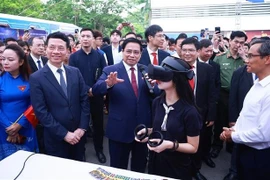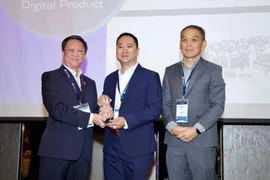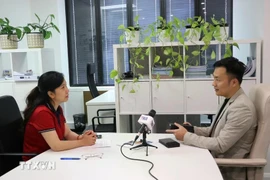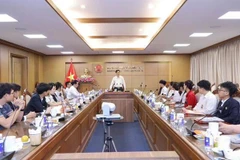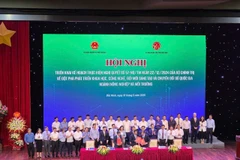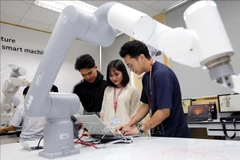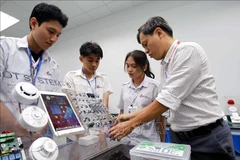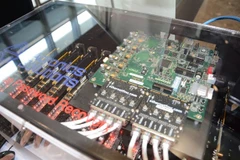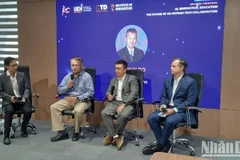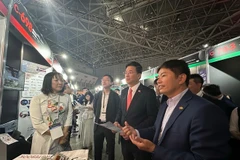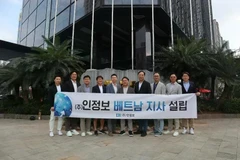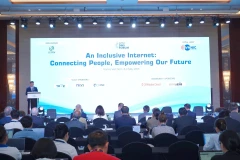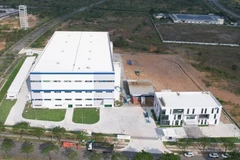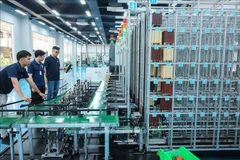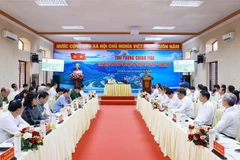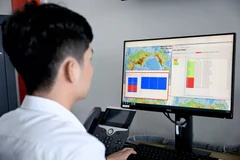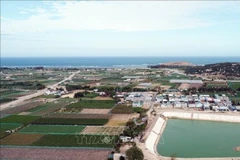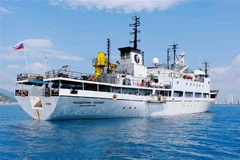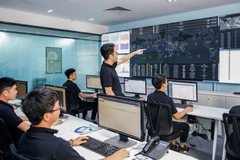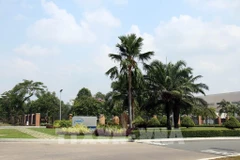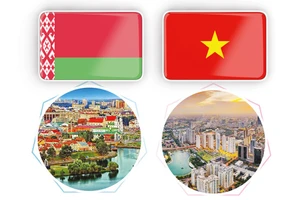Hanoi (VNA) – The Vietnam Academy of Social Sciences (VASS) and the Russian Presidential Academy of National Economy and Public Administration (RANEPA) co-organised a seminar in Hanoi on April 24, discussing opportunities for Vietnam-Russia cooperation in the digital age.
The event, held in both in-person and online formats, aimed to facilitate academic exchanges, share experiences, and propose new directions for cooperation between the two countries in the context of increasingly robust global digital transformation.
Speaking at the event, VASS Vice President Associate Prof. Dr. Dang Xuan Thanh emphasised that the traditional cooperative relationship between Vietnam and the former Soviet Union has laid a solid foundation for the current Comprehensive strategic partnership between Vietnam and Russia.
In light of geopolitical fluctuations and increasing global competition, the two countries need to enhance cooperation in strategic areas such as technology, digital economy, renewable energy, culture, and education, he said.
Mentioning digital economy, Dr. Pham Anh Tuan, Acting Director of the Vietnam Institute of Economics, noted that Russia has strengths in core technologies such as artificial intelligence, cybersecurity, and open-source software, presenting a significant opportunity for the two countries to build a strategic partnership in digital transformation.
Tuan proposed the establishment of a joint committee for digital cooperation, enhancing policy exchanges, organising technology-business forums, and promoting digital workforce training programmes. Potential areas include cloud computing, digital government, smart cities, and regional technology value chains.
Regarding the digitisation of materials for teaching and research, Dr. Roman Konchakov from RANEPA, stated that new technologies such as handwriting recognition, metadata document description, and machine learning are opening up the potential for more effective and in-depth access to rare historical resources. The development of open data platforms, digital maps, and digital interfaces will practically support research and teaching activities in history for both countries in the new era.
At the seminar, participants agreed that the digital age presents tremendous opportunities for the two countries to expand their cooperation, especially in areas such as big data, artificial intelligence, cybersecurity, and digital technology for public management./.

